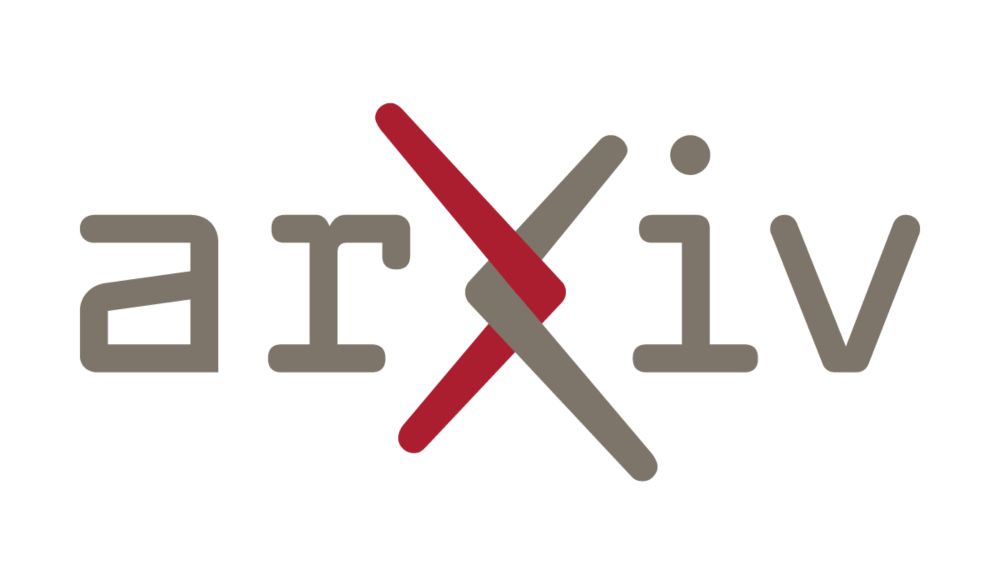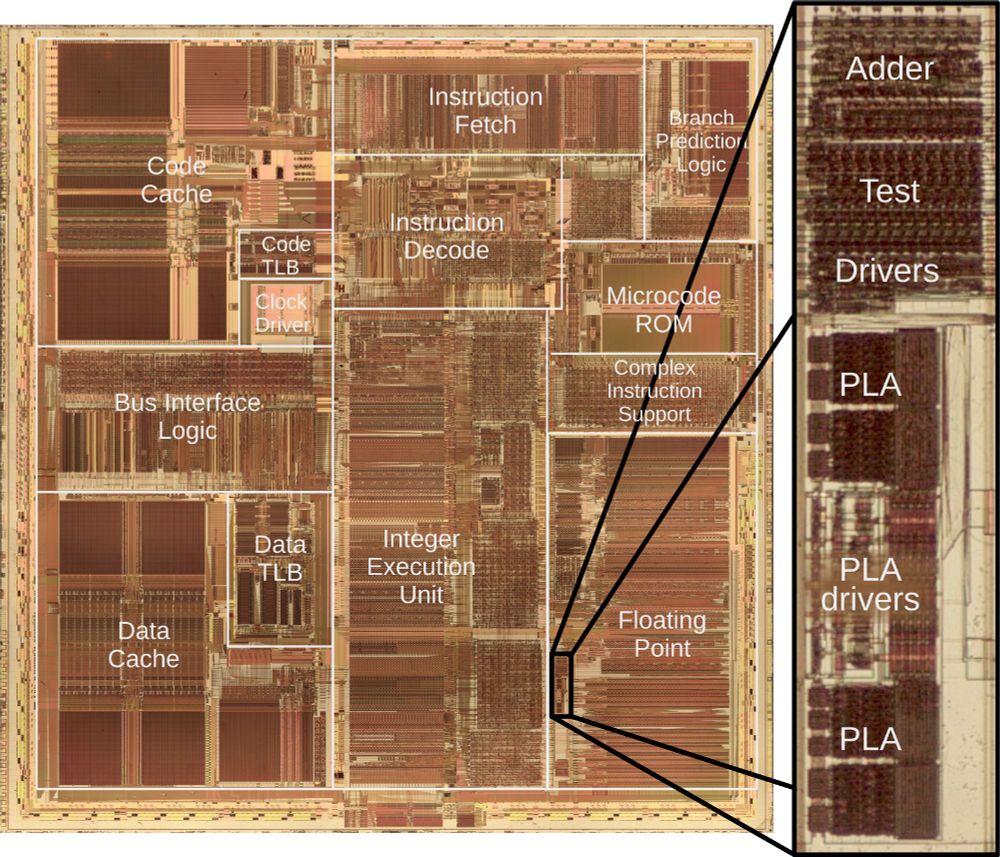qec25.yalepages.org
qec25.yalepages.org
arxiv.org/abs/2508.05720

arxiv.org/abs/2508.05720
arxiv.org/abs/2507.11536

arxiv.org/abs/2507.11536
Hence, I share some of my public research presentations, lectures, tutorials, and technical notes on github here: github.com/zlatko-minev...
#quantum #qubit #opensource

Hence, I share some of my public research presentations, lectures, tutorials, and technical notes on github here: github.com/zlatko-minev...
#quantum #qubit #opensource
Given a Kraus representation of the original channel, it's straightforward to write down a Kraus representation of the complementary channel via slicing arrays!

Given a Kraus representation of the original channel, it's straightforward to write down a Kraus representation of the complementary channel via slicing arrays!
www.quantamagazine.org/quantum-spee...

www.quantamagazine.org/quantum-spee...
(Although the simplicity hides behind the form and properties of the matrix geometric mean.)

(Although the simplicity hides behind the form and properties of the matrix geometric mean.)
arxiv.org/abs/2503.05943

arxiv.org/abs/2503.05943
arxiv.org/abs/2503.09214

arxiv.org/abs/2503.09214
arxiv.org/abs/2502.04425

arxiv.org/abs/2502.04425


www.esa.int/Science_Expl... 🔭🧪

www.esa.int/Science_Expl... 🔭🧪
Huge recommendation!
arxiv.org/abs/2501.05694

Huge recommendation!
arxiv.org/abs/2501.05694
Should we begin to use such trees for technology-paper organization when publishing literature reviews?
This is from "Scaling of Search and Learning: A Roadmap to Reproduce o1
from Reinforcement Learning Perspective"
#ai #ml #quantum


youtu.be/sUCK4RaJlv0

youtu.be/sUCK4RaJlv0
#quantum
www.coursera.org/learn/quantu...
#quantum
www.coursera.org/learn/quantu...
What are your favorite references? Here's a few to start:
A quantum engineer's guide to superconducting qubits
https://buff.ly/4irOZ6Y
Circuit Quantum Electrodynamics
https://buff.ly/4irqnv2
1/2

What are your favorite references? Here's a few to start:
A quantum engineer's guide to superconducting qubits
https://buff.ly/4irOZ6Y
Circuit Quantum Electrodynamics
https://buff.ly/4irqnv2
1/2

